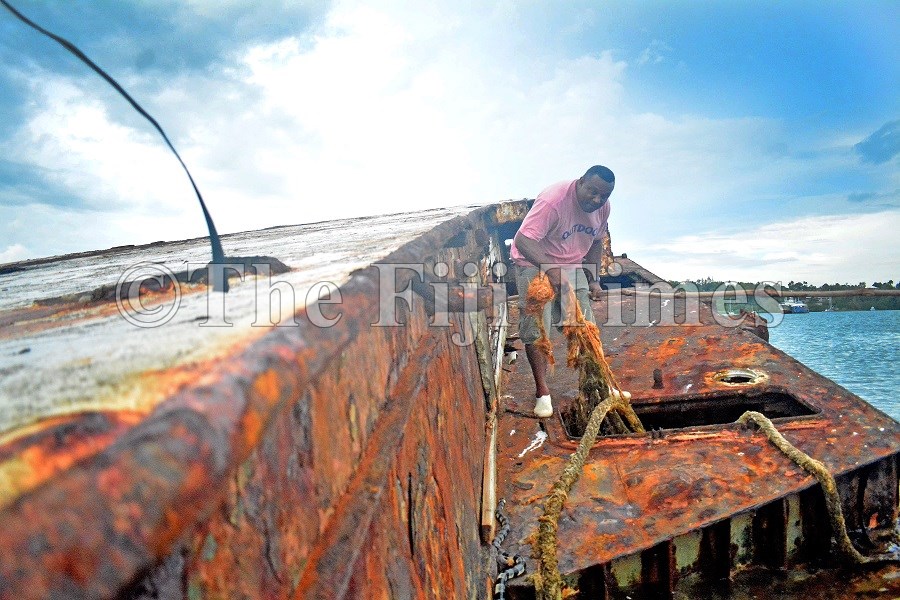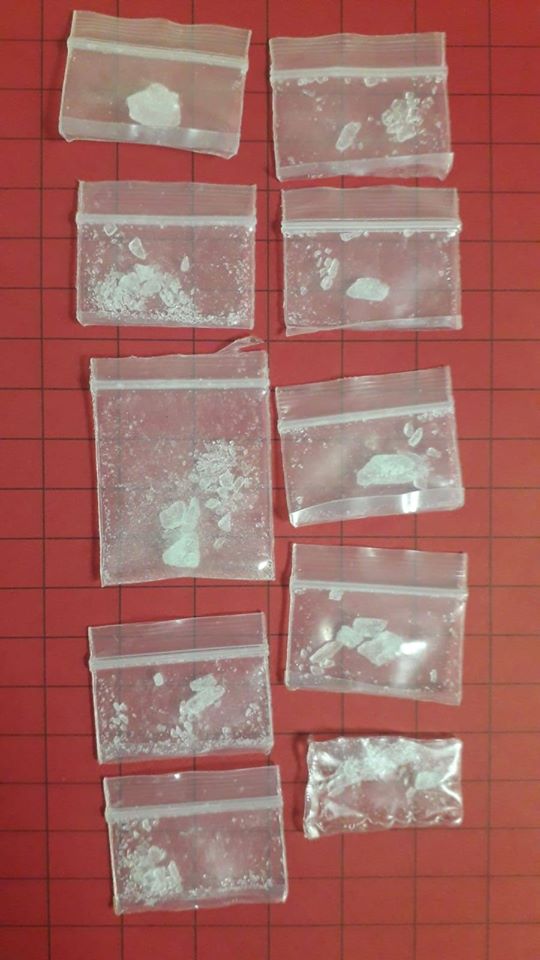People need to be weary of seafood caught from waters around the Suva Harbour, say researchers.
University of the South Pacific (USP) School of Biological and Chemical Sciences senior lecturer Dr Matakite Ma’ata said recent data gathered in the area indicated a high amount of heavy metals in Suva waters.
He said most of the chemicals from these heavy metals were absorbed by molluscs such as shellfish, which were known as the ocean cleaners.
Dr Ma’ata said these metals entered the human food chain through edible molluscs.
“The toxicity level of waters in the Suva Harbour is not so much as to pose health risks to swimmers or picnickers,” he said.
“Recent research results made by USP students indicate that common waste found in the harbour area are heavy metals and residue which fall to the seabed.
“However, this does not mean that we take things lightly but it only means that people be weary of seafood procured from these areas as they absorb chemicals and metallic residues that may turn them toxic.”
He has recommended the treatment of wastewater before being discharged, removal of derelict ships, appropriate collection of waste from ship repair and overall improvement of solid waste management.
He added that while the Lami dump was now not being used, the heavy metal dumped there was leaching into the sea.
Dr Ma’ata explained that chemical concentration into the waters were not a problem at the moment considering that water was transient.
He added that a recent study result by a student conducted in 40 different areas within the harbour indicated that it was not so toxic as to pose health risks to those that swim in it.






